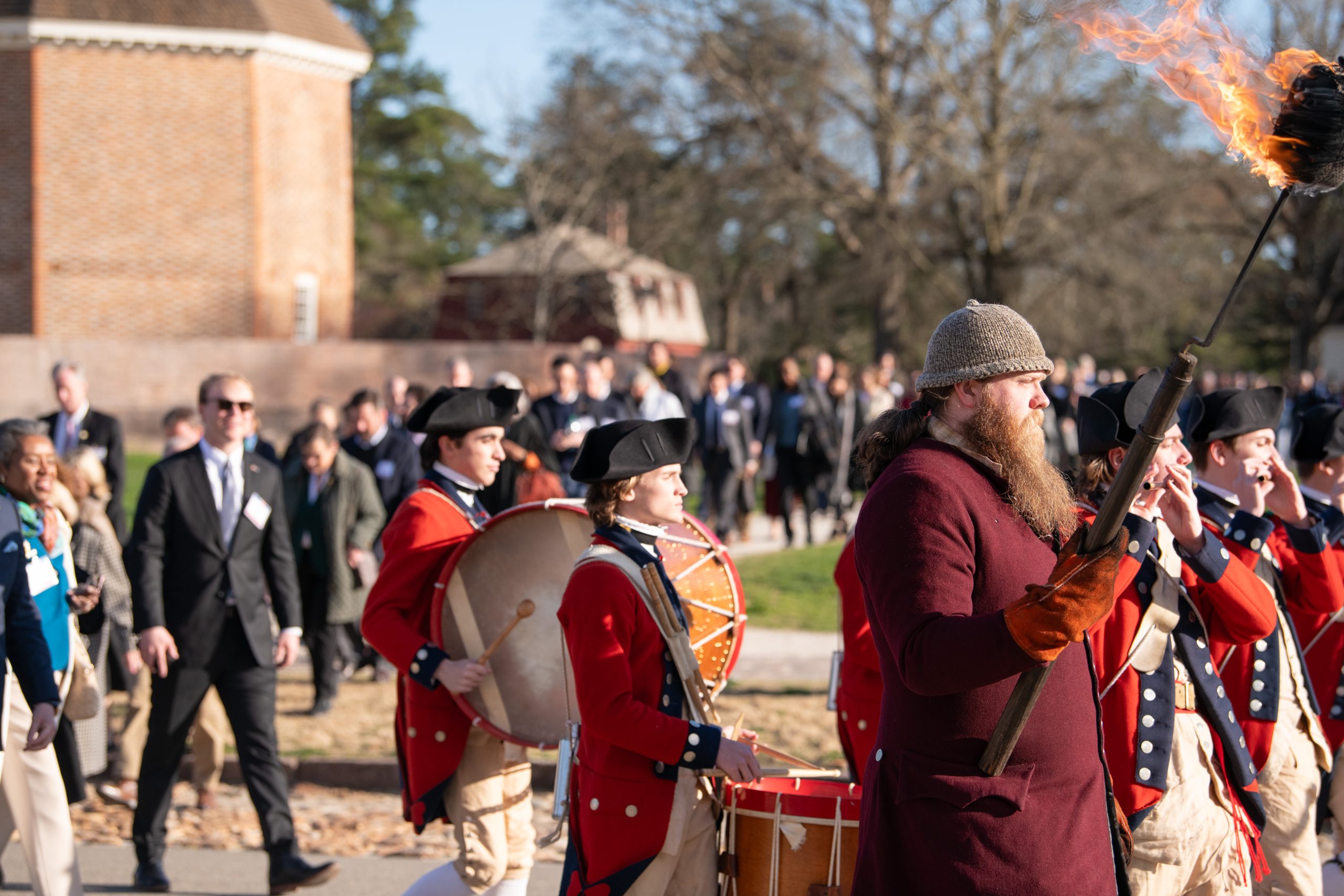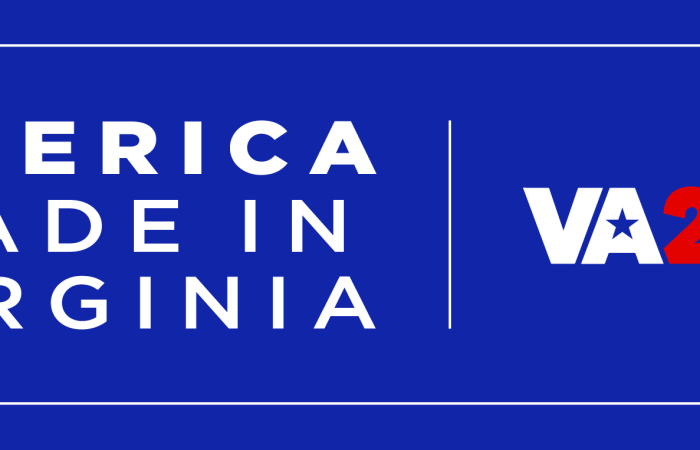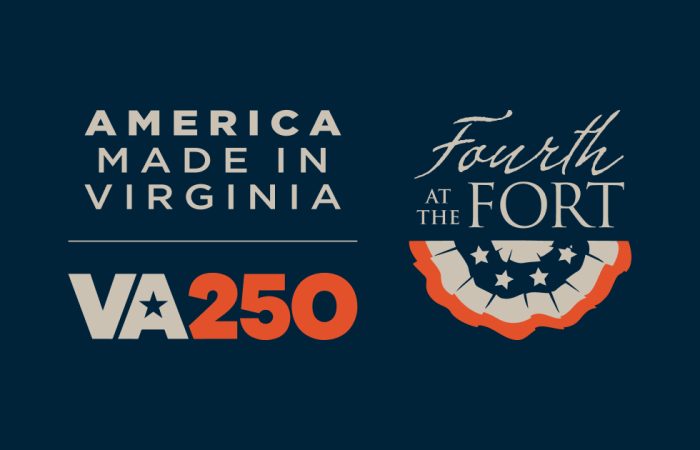A Tapestry: Reflecting on the 2024 “A Common Cause To All” Convening of States
By Mike Frontiero
VA250
Huzzah! The echoes of fife and drum still resonate as we reflect on the inspiring “A Common Cause to All” conference held in Colonial Williamsburg. Nearly 450 commemoration planners from 37 states registered for this year’s gathering, the second annual event organized by the Virginia American Revolution 250 Commission (VA250) and the Colonial Williamsburg Foundation.
From Governor Glenn Youngkin’s call to understand our collective history to NBC News Correspondent Harry Smith‘s emphasis on the diverse stories that weave the American fabric, the focus was clear: our 250th-anniversary commemoration will be inclusive, inviting, and multifaceted.
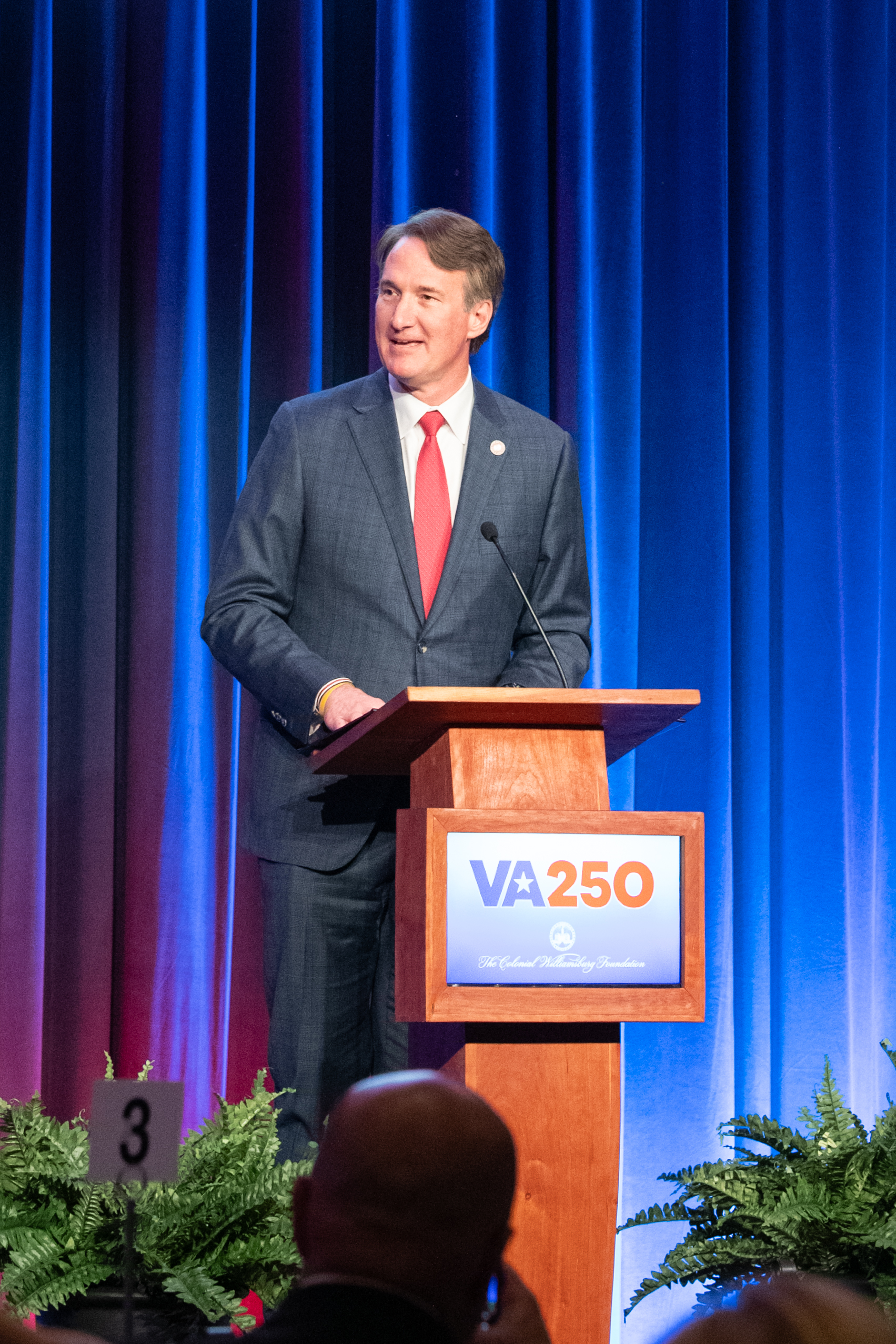
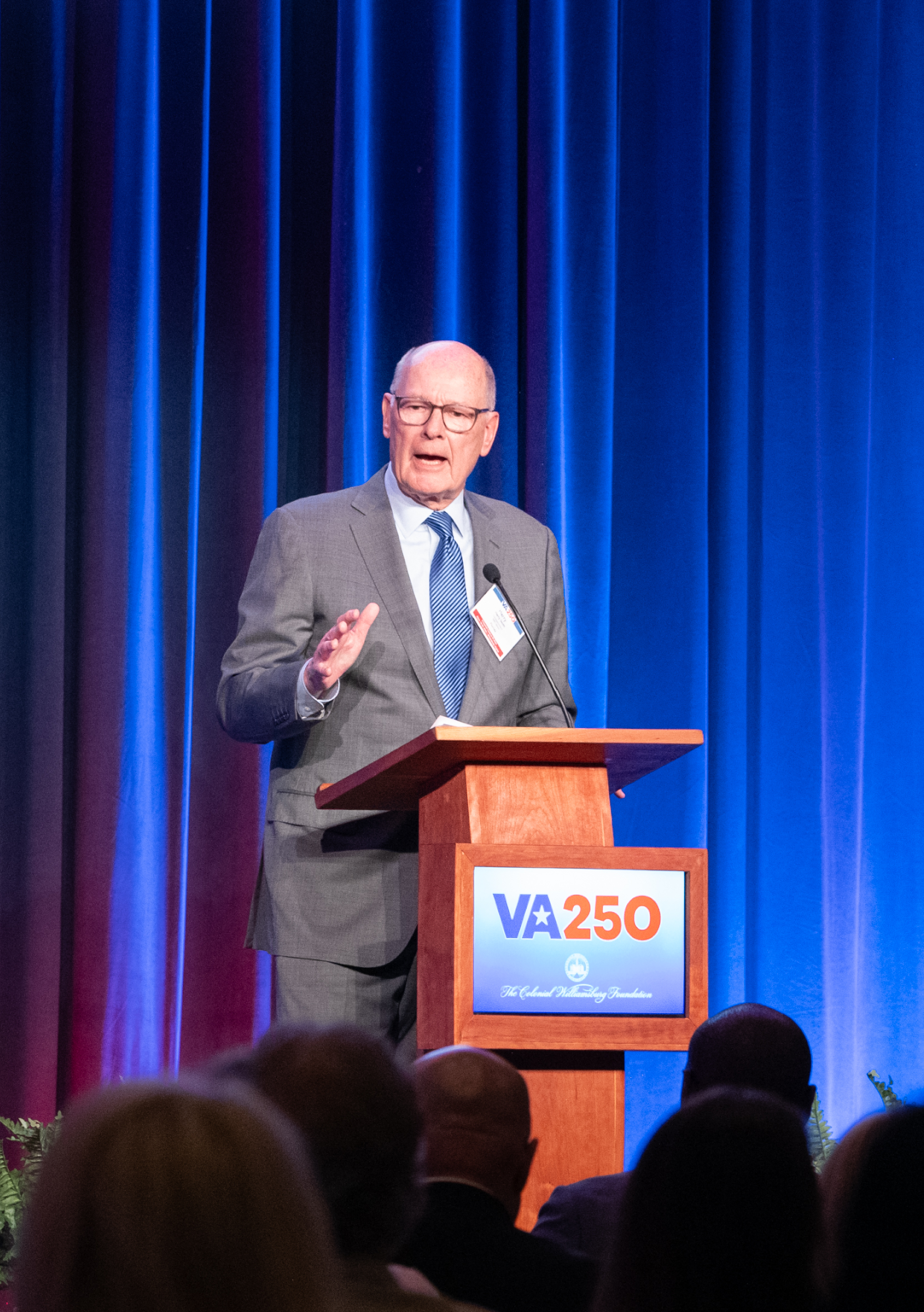
Retired Virginia Supreme Court Justice John Charles Thomas delivered a powerful keynote address that challenged attendees to confront the entirety of America’s history, not just the celebratory aspects. He argued for a shift from the simplistic “melting pot” narrative to a rich tapestry that reflects the struggles and triumphs of all communities. Justice Thomas urged educators to embrace the complexities of our past, highlighting the importance of acknowledging the hardships faced in our journey towards a more perfect union.
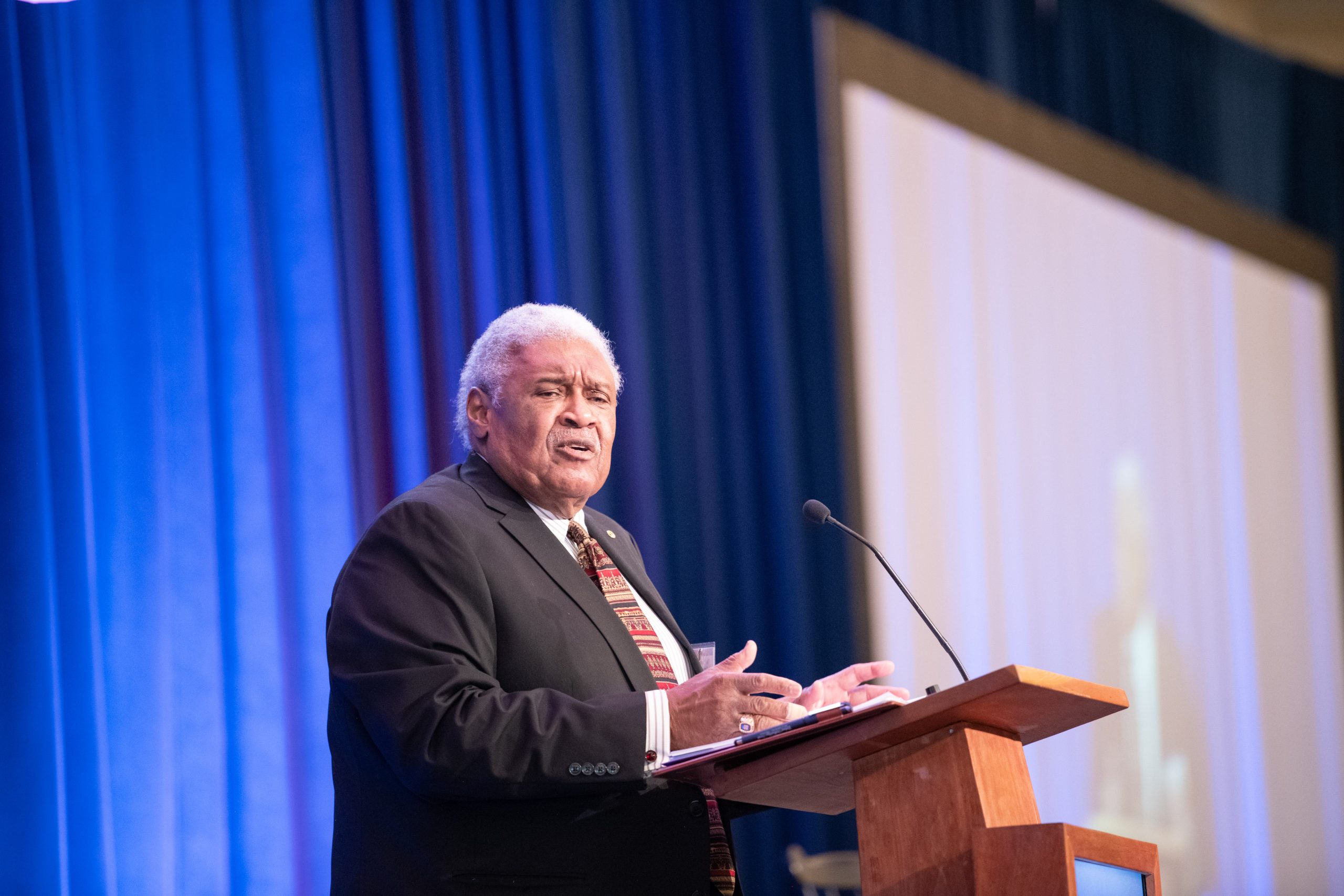
Justice Thomas’ keynote resonated deeply, followed by insightful discussions on figures like Thomas Jefferson and research on public engagement approaches. Key takeaways included the need to focus on diverse stories, avoid divisive language, and empower history educators. A sneak peek of Ken Burns’s upcoming PBS documentary series The American Revolution offered a glimpse into the key stories waiting to be told.
Conference attendees weren’t just passive observers. Breakout sessions tackled critical issues – engaging educators, creating impactful digital content, and fostering national collaboration. And there were opportunities to connect and share ideas.
An unforgettable “States Dinner” opened with a stirring processional led by Colonial Williamsburg’s Fife & Drum Corps, setting the stage for inspiring keynotes from Harvard professor Danielle Allen and VA250 National Honorary Chair Carly Fiorina.
Professor Allen acknowledged the complexity of the Declaration of Independence, highlighting the concerns of those who feel it doesn’t represent all Americans. “The Founders achieved great things, but they also made mistakes,” she said, specifically citing the exclusion of all from the promise of liberty. However, Allen reframed this as an opportunity. The 250th commemoration, she argued, can be a chance to “fix those mistakes” by embracing the Declaration’s spirit of humility and responsibility.
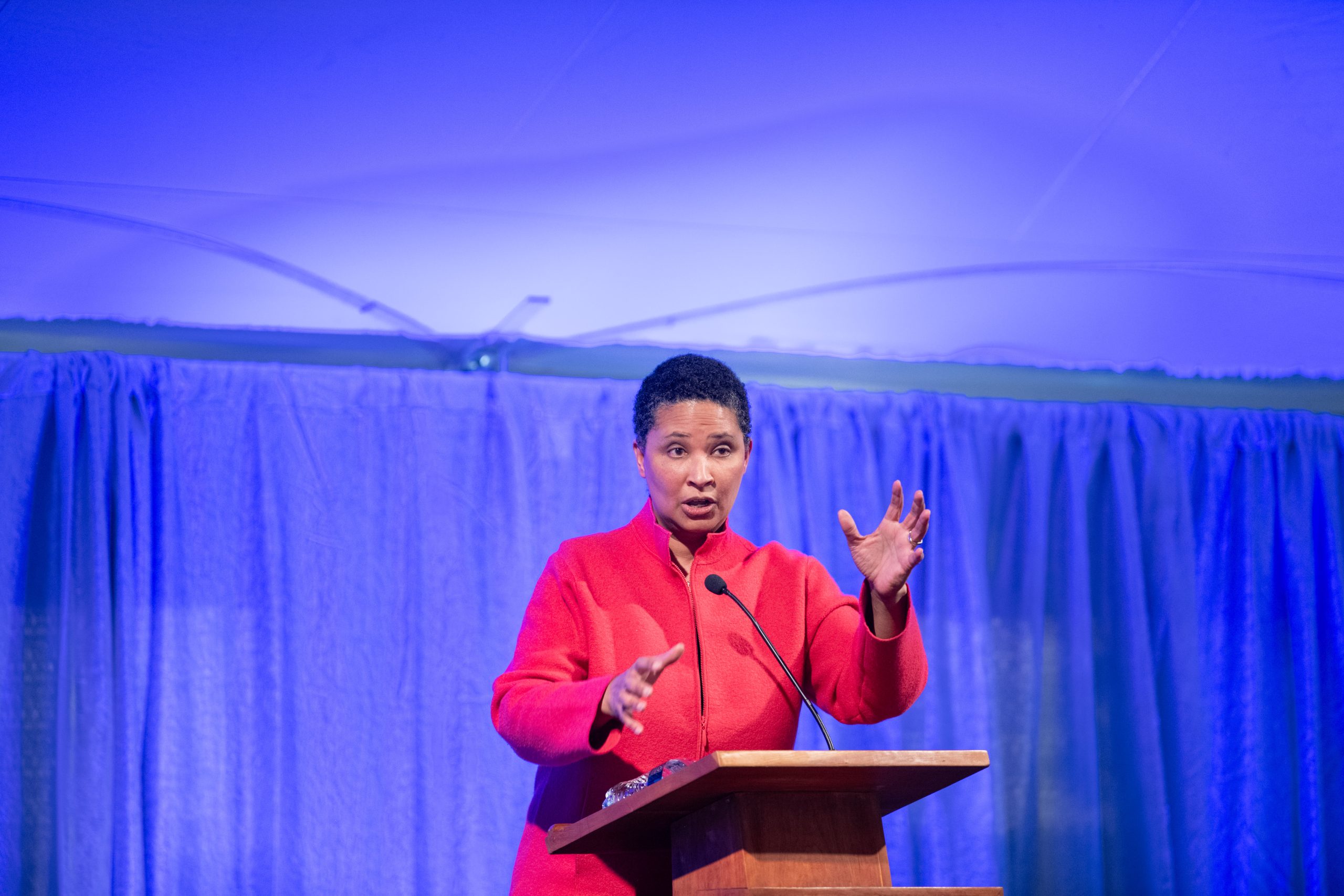
Fiorina echoed this sentiment, emphasizing the urgency of uniting a divided nation through a renewed understanding of American history and its ideals. She argued that the commemoration should not be solely focused on the past, but leveraged as a platform for a more united and vibrant future. Fiorina urged commemoration planners to showcase the best of America in 2026: a nation recommitted to its ideals and a beacon of freedom for the world. Through education, engagement, and a shared sense of purpose, Fiorina believes the commemoration can be a catalyst for positive change. The evening culminated in a dazzling fireworks display, a fitting capstone to a night that resonated with themes of unity and a renewed sense of national purpose.
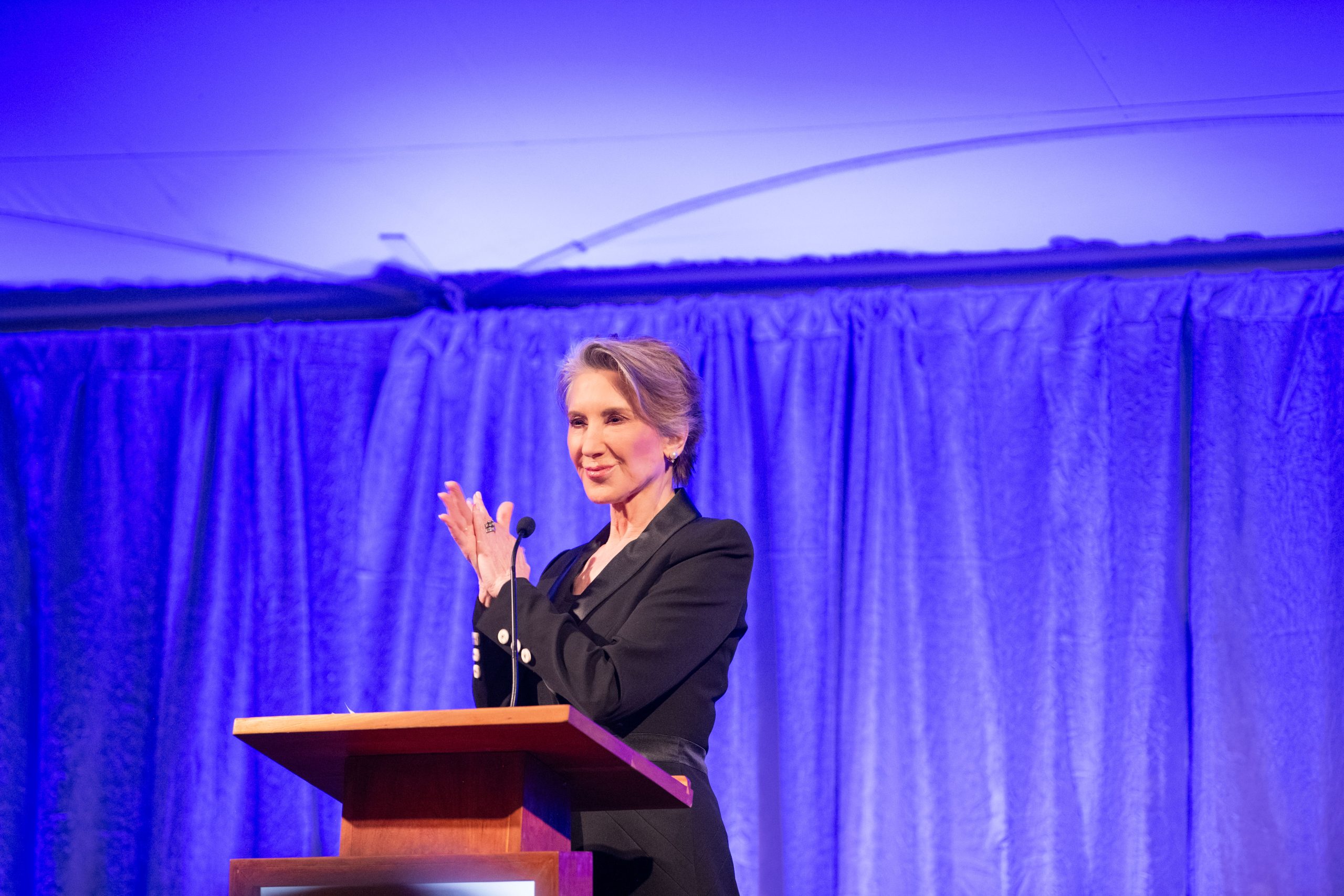
The closing day offered a powerful mix of perspectives. Smithsonian Institution Under Secretary Kevin Gover said visitors to museums and historical sites are interested in facts, not opinions, to make up their mind about history. “It never helps to tell people what to think,” he said. “We should invite visitors into a conversation not a lecture.” Breakout sessions tackled critical issues of reaching diverse communities and fostering multistate collaboration in commemoration efforts. But it was National Constitution Center President Jeffrey Rosen’s closing address that truly resonated. Rosen embarked on a personal journey to understand the founders’ concept of happiness, and his reflections underscored the urgency of recovering this lost perspective. He began by quoting John Quincy Adams’s powerful assertion: future generations would be “blessed or cursed” depending on their grasp of the Declaration’s principles. Rosen argued that these principles are under threat in our “challenging times,” making our mission to educate the public even more critical.
The conference concluded with a dramatic reenactment that transported observers back to 1774. Witnessing Virginia’s response to the Boston Harbor closure – the outrage, the defiance, the dissolution of the House of Burgesses – served as a powerful reminder of the events that ignited the fight for independence.
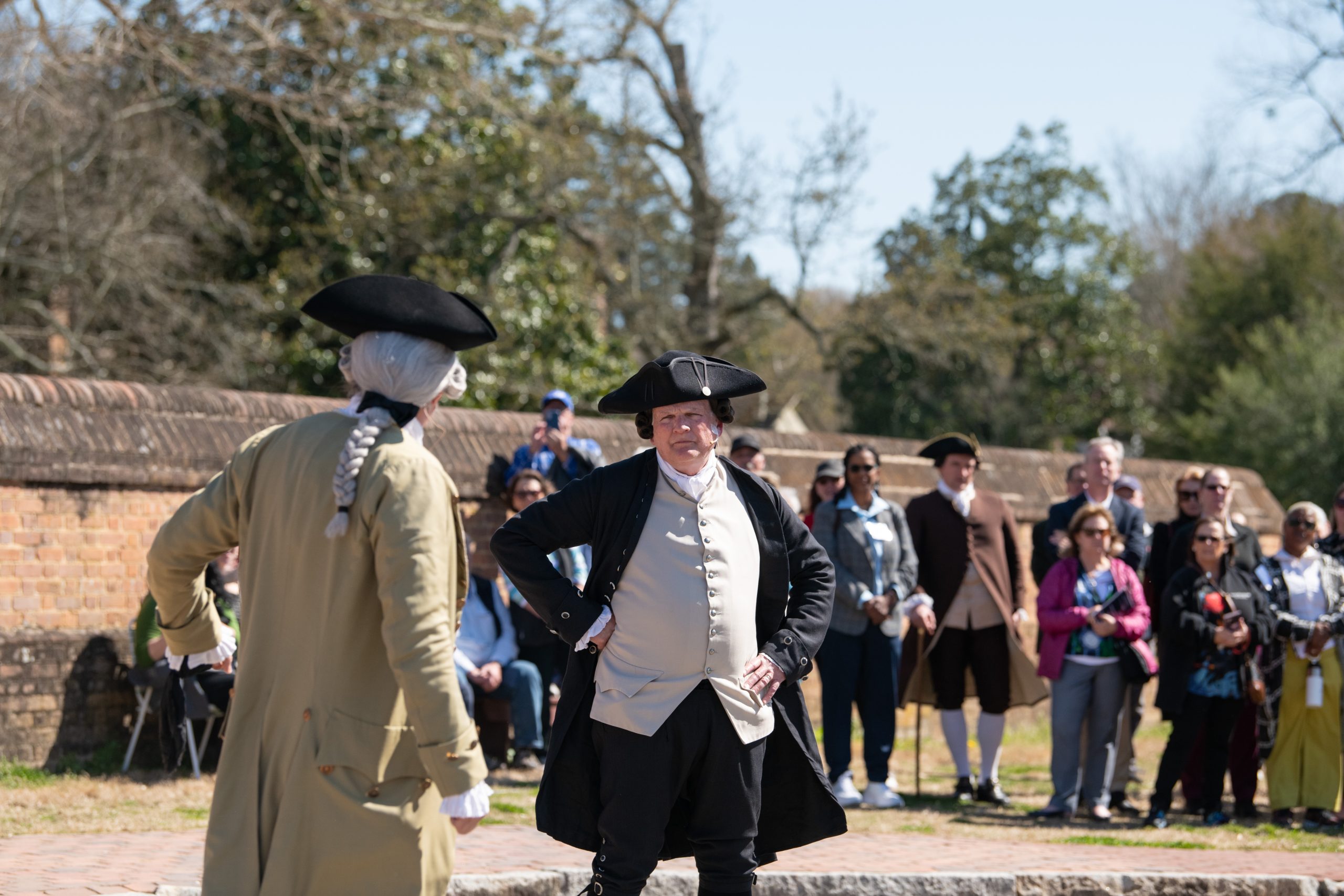
As we move forward, the spirit of “A Common Cause to All” lingers. We leave Virginia with a shared commitment to tell a comprehensive American story, one that honors all voices and inspires future generations to strive for a “more perfect union.”
Mark your calendars! The journey continues next year, March 24-26, 2025, in Colonial Williamsburg. We look forward to seeing you there!

